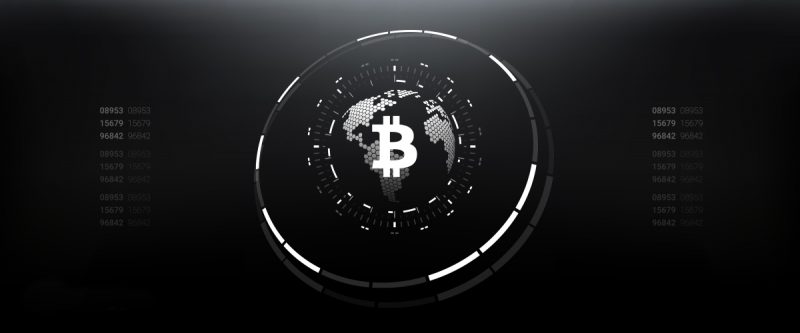Crypto Twitter is flooded with ‘anon‘ users. One set uses veiled identities for nefarious purposes, and the others feel much more secure voicing their opinions without revealing who they are. Quite similarly, while carrying out transactions, a few prefer remaining unnamed, and that’s when pre-established frameworks like Bitcoin dark pools come into the picture.
Dark, Darker, Darkest: All shades of Bitcoin anon pools
Dark pools are essentially private exchanges used for trading assets that are not accessible by the investing public. Most market participants rely on exchanges to transact crypto. However, wealthy investors who usually buy large amounts of tokens without wanting to affect the price of Bitcoin opt for the dark pool option.
Order books are usually public on mainstream exchanges. In such a case, if at all a significant transaction takes place openly, it has the potential to stir in extreme excitement or panic, among others. So, dark pools are privately put-up exchanges that aid institutional and other large investors buy and sell Bitcoin and other cryptos without revealing the same.
Dark, as such, has no tangent associated with the dark web or the illegal black market. They merely trade avenues that facilitate hidden bids/offers to shield the price from avoidable volatility.
Resultantly, BTC lying in dark pools is considered a part of the illiquid supply. As highlighted in a recent article, the supply becomes illiquid whenever Bitcoin is in the cold wallet, off of exchanges. It represents long-term HODLings that aren’t available for selling or trading. The illiquid supply, however, is a part of the circulating supply.
Per the thumb rule, the higher the illiquid supply, the better because it indicates that the macro HODLing trend is in place. However, with dark pool BTC included in the illiquid supply, the actual number is diluted. Thus, reading the said metric should always be taken with a pinch of salt.
Dependency set to rise?
With dark pool transactions mostly remaining un-tracked, the exact % of supply locked in there remains unknown. However, people from the space feel that dark pools would be used more. Opining on the same pseudonymous host of Alpha Beta Soup, TXMC said,
“Unfortunately not able to be known with conviction, we can only guess. What we do know is that these businesses exist and will only grow in number.”
Worth it for retail investors?
In most cases, no. There are usually very slim chances for a retail trader to make huge, market-moving transactions. Thus, the need to remain anonymous is eventually wiped off. Also, it should be borne in mind that dark pool prices usually reflect ‘advance’ prices. And, with the large lot sizes, unexpected swings keep taking place. The same usually possesses the potential to make retail players go bald if in the opposite direction. So, it is best if they stay away from these pools.





